In a poignant moment of cinematic connection, two of the world's most acclaimed filmmakers, Chloe Zhao and Kore-eda Hirokazu, revealed that they had both been reduced to tears by each other's work at the Tokyo International Film Festival. The emotional response was a testament to the power of storytelling and the universal language of cinema. As they sat down for a conversation, the Japanese auteur, Kore-eda, confessed that he had watched Zhao's "Hamnet" in a small screening room, overcome with emotion, grateful that no one else was there to witness his tears.
Kore-eda's reaction was not an isolated incident. The film, an adaptation of the tragic play about the life of William Shakespeare's son, had clearly struck a chord with the director. "I couldn't stop crying," he admitted, moved by the film's exploration of why creators tell stories and the communal act of experiencing tragedy together. This emotional response was a reflection of the film's ability to tap into the human experience, transcending cultural and linguistic boundaries.
Zhao, too, had been deeply moved by Kore-eda's "After Life," a film that explores the concept of what happens after we die. In a remarkable display of empathy, she had risen at 4 a.m. the morning of their conversation, jet-lagged, to watch the film again. Her emotional response was a testament to the film's ability to evoke feelings of sadness, nostalgia, and wonder.
The Tokyo International Film Festival, which has been a platform for showcasing the best of global cinema, provided a unique opportunity for Zhao and Kore-eda to connect with each other's work. Their conversation was a poignant reminder of the power of cinema to transcend borders and cultures, speaking to the universal human experience.
Experts in the field have long recognized the importance of international film festivals in promoting cultural exchange and understanding. "Film festivals like the Tokyo International Film Festival play a crucial role in showcasing the diversity of global cinema and promoting cross-cultural understanding," said film critic and scholar, Dr. Maria Rodriguez. "They provide a platform for filmmakers to share their stories and connect with audiences from different parts of the world."
The emotional response of Zhao and Kore-eda to each other's work was a reflection of the film's ability to evoke feelings of empathy and understanding. As the world becomes increasingly interconnected, the importance of international film festivals in promoting cultural exchange and understanding cannot be overstated.
As the Tokyo International Film Festival comes to a close, the emotional response of Zhao and Kore-eda serves as a reminder of the power of cinema to connect us across cultures and borders. Their conversation was a poignant reminder that, despite our differences, we are all connected through our shared human experience.
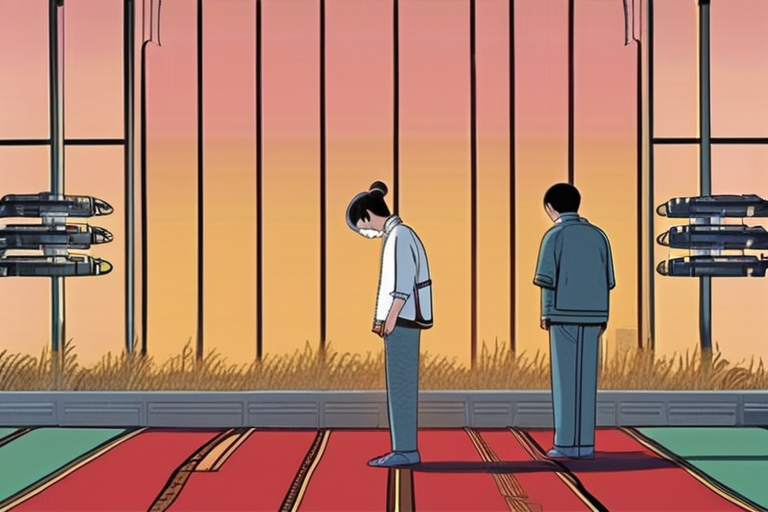


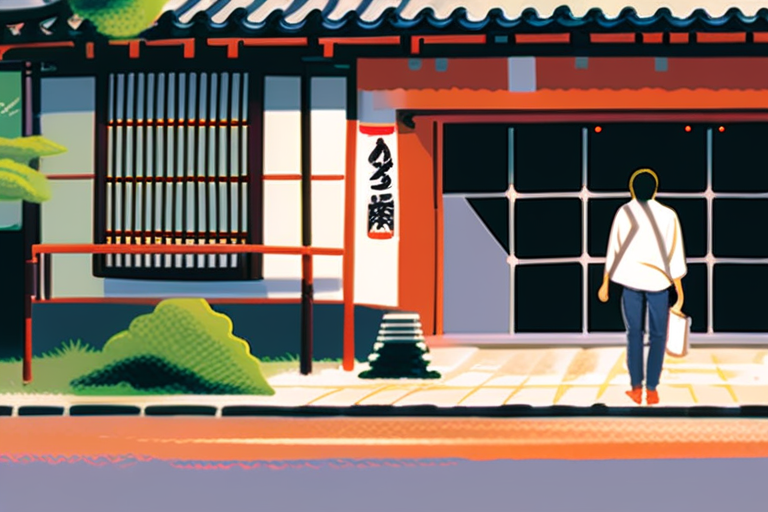

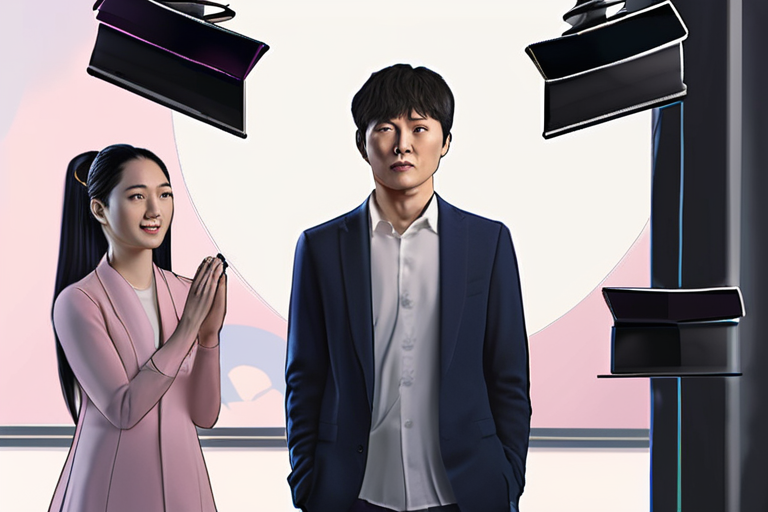



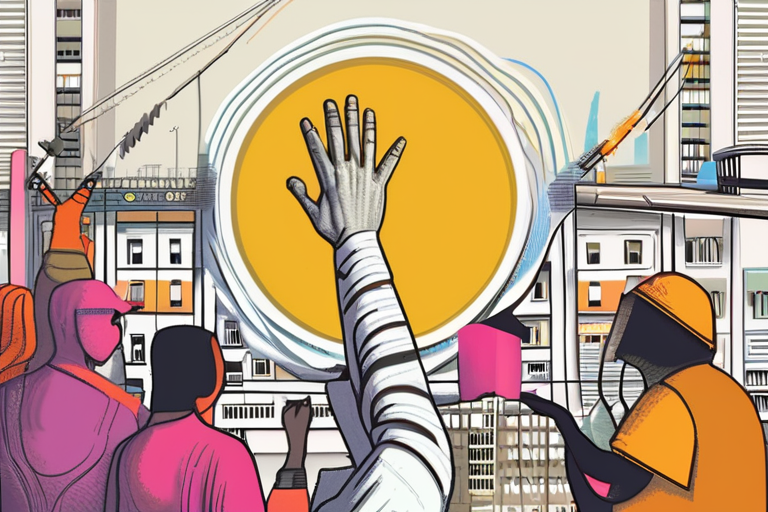
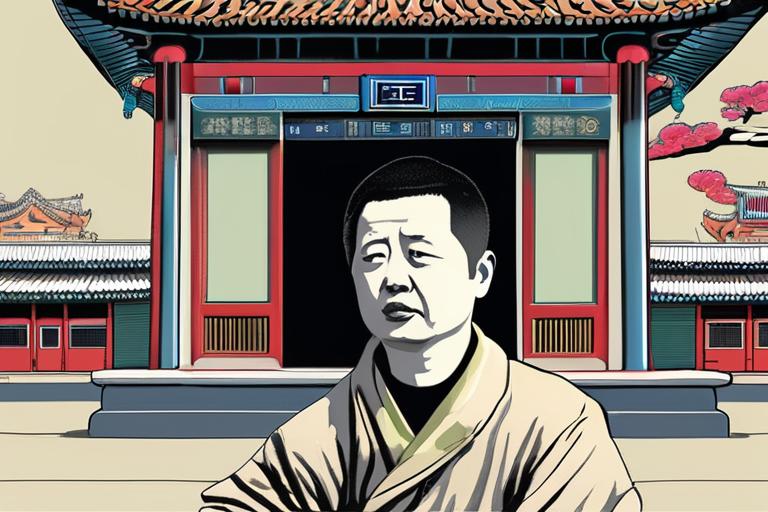

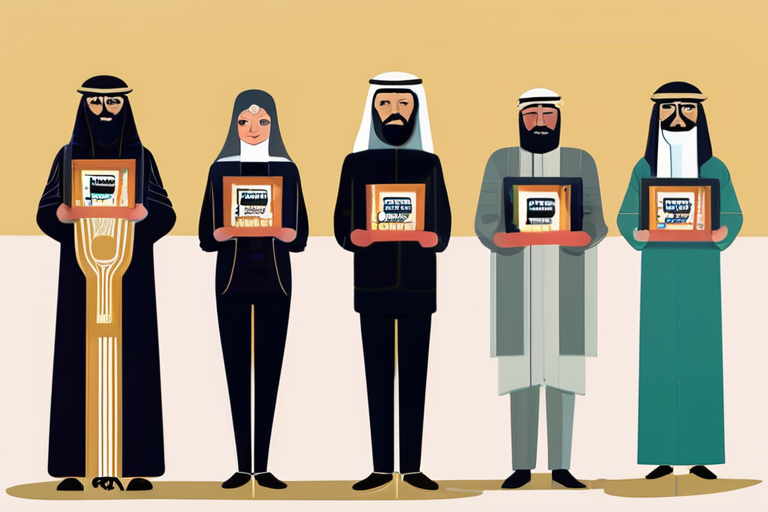
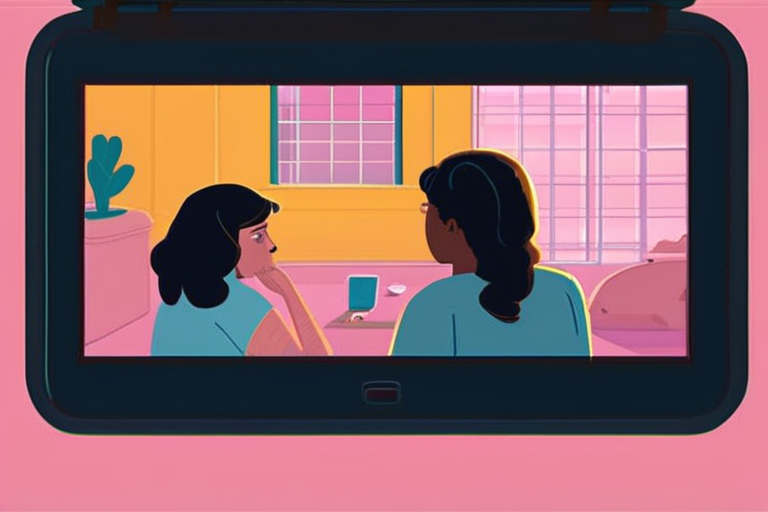
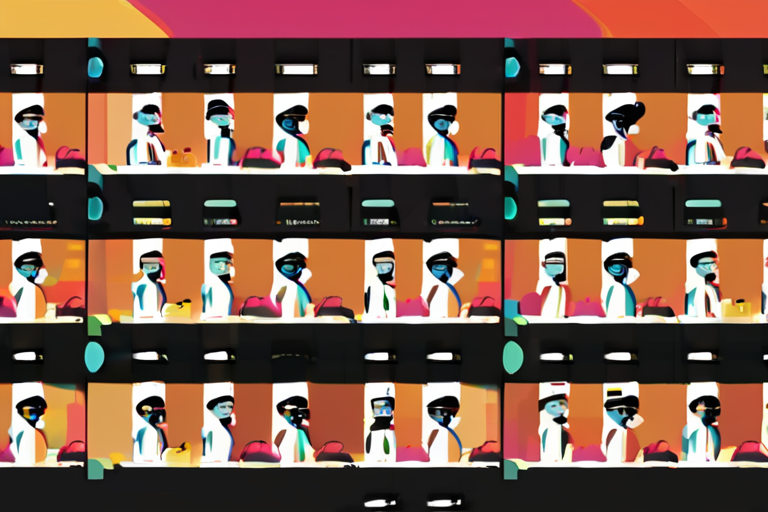
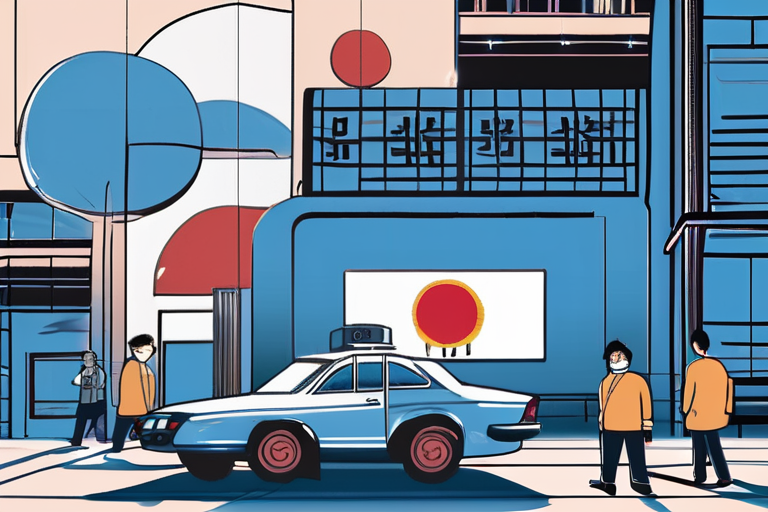
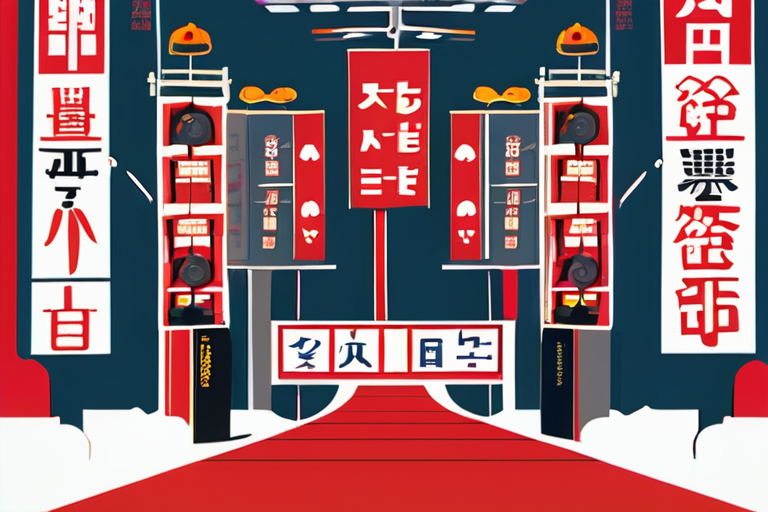

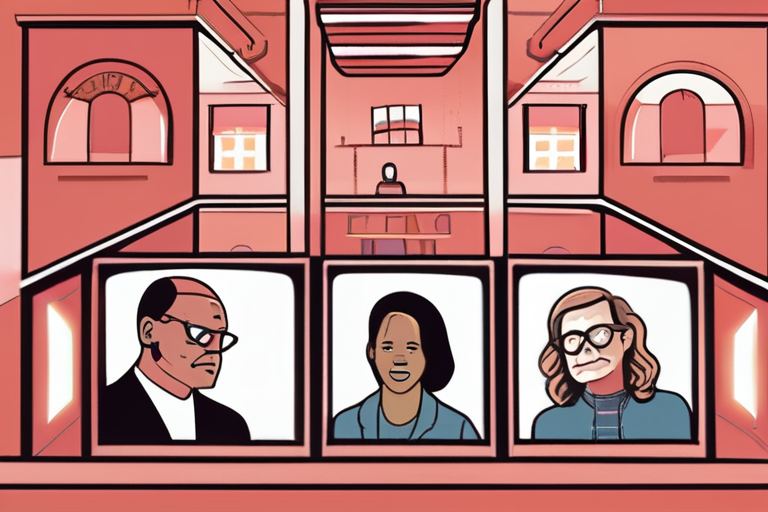
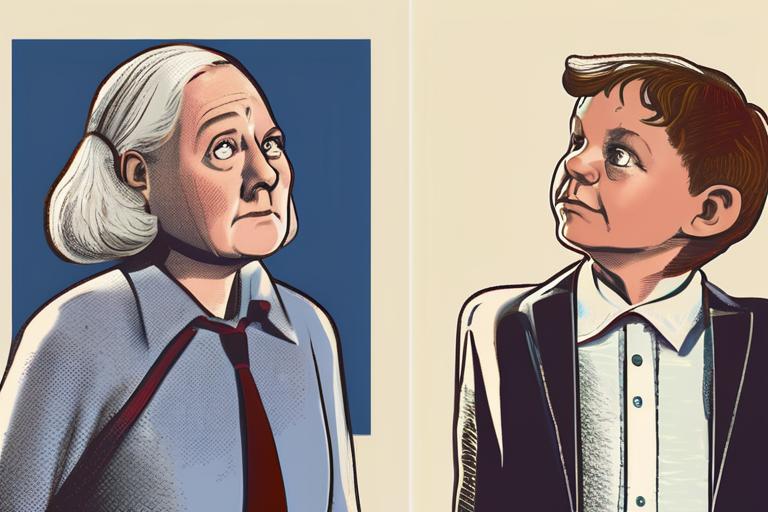
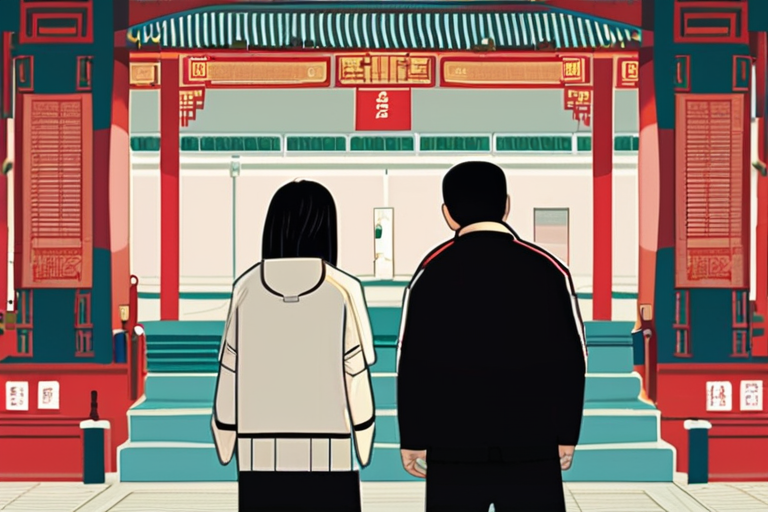
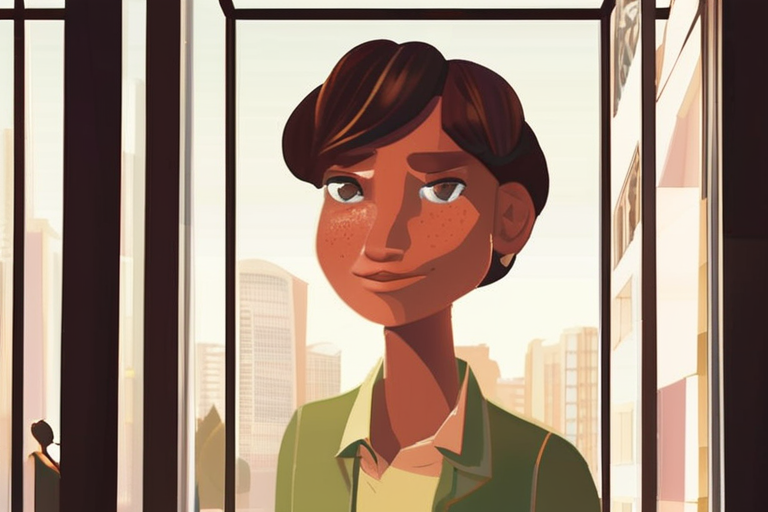
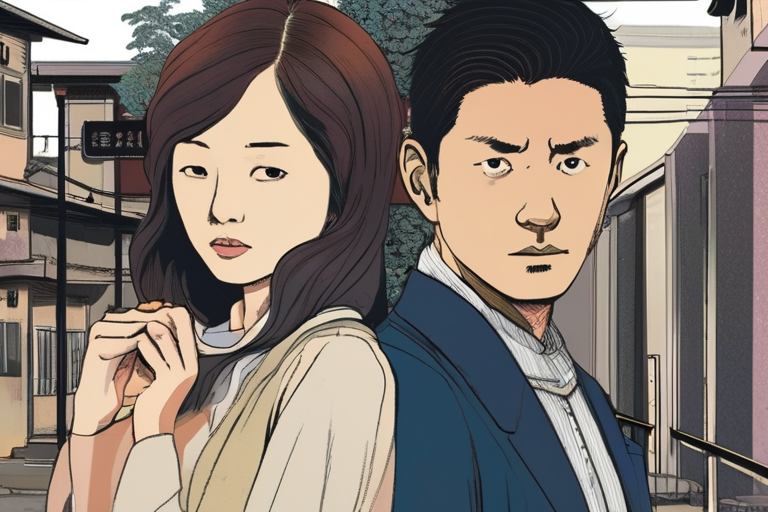

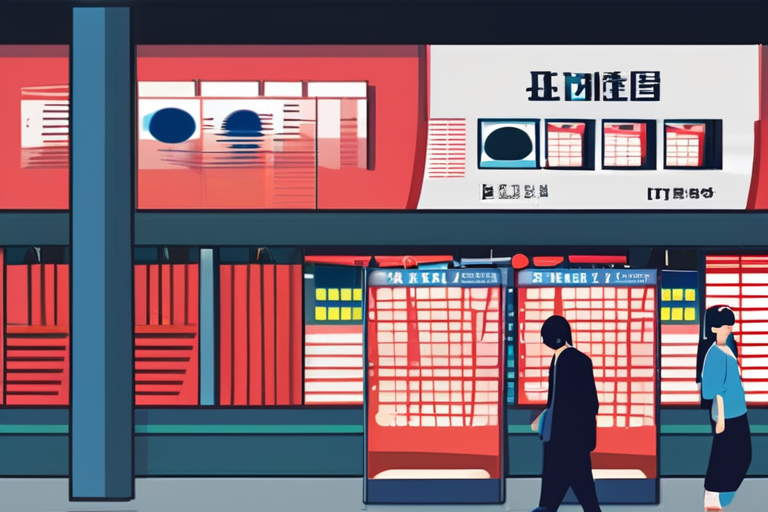

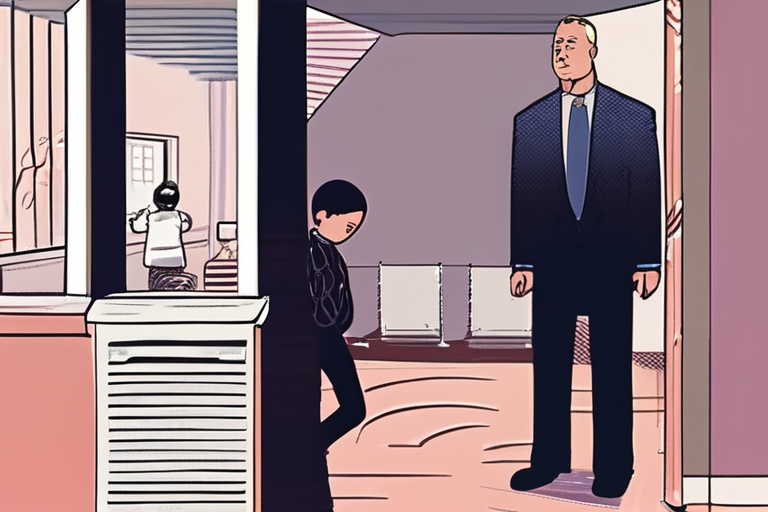
Share & Engage Share
Share this article